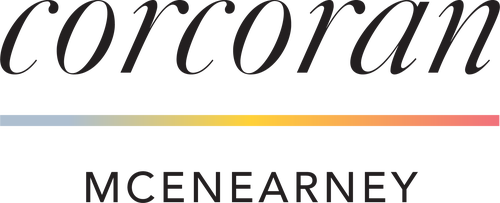One of the most misunderstood aspects of residential real estate involves cooperatives. Most members of the public, and honestly many real estate agents, do not truly understand what a cooperative is and how it differs from a condominium or a traditional fee simple property.
Let’s start with talking about what a cooperative actually is and how it is different from other property types. When you purchase a condominium you are buying real property (the specific unit) and an ownership share in the common elements of the building. Your specific unit will come with its own tax identification number and your ownership share in the common elements will be based on the overall size of your unit. When you purchase a cooperative, you are technically not buying real property but rather shares of stock in a corporation. The unit that you are purchasing and your ownership share in the common elements is given to you in the form of stock in the corporation. A cooperative does not have individual tax identification numbers for each unit and in fact property taxes are handled differently which is something we will talk about a little later on.
Throughout my career I have sold dozens of cooperatives to my buyer clients and listed just as many for my sellers, and the same myths about them would come up each and every time. Educating clients on the pros and cons of buying a cooperative became an important part of the process. So, let’s discuss some of the common myths about cooperatives.
Myth #1 – The monthly fees are always higher.
Well this is typically true but there is a very good reason for it. As we discussed earlier, cooperatives do not have individual tax identification numbers. Because of this, the building receives one tax bill for the entire property and that bill is divided up among the unit owners which could be lower than a similar condominium. The tax amount each owner will pay is based on their ownership share and that amount is part of the monthly fee. So while the payments are typically higher with a cooperative it is because your property taxes are included.
Myth #2 – There are not many coops left in our area.
While it is true that very few of the new buildings are cooperatives, there are still many remaining in our area, especially in Washington, DC. While we may not have as many as a place like New York City, the first co-ops started here in the early 1920s and have a solid presence in our region. If you have ever looked at units in the city, especially in Northwest DC, odds are you came across a cooperative in your search. While there are some co-ops in Maryland and Virginia, they are few and far between.
Myth #3 – When it comes to resale, cooperatives are harder to sell.
I can understand why someone might think that however there is no statistical data to back up this claim. Co-ops certainly have additional steps to go through in the buying process but how fast they sell are typically in line with similar condominiums.
Myth #4 – It’s more difficult to get a loan for a cooperative.
Most cooperatives do have preferred lenders (recognition agreement) that they require a prospective purchaser to use for any type of financing and some do have a minimum down payment requirement. It’s important to ask the listing agent which lenders are recognized by the cooperative association and are allowed to lend in the building. The good news is that more and more lending institutions are offering co-op financing so there is a chance you can continue to work with your current lender.
Myth #5 – Cooperatives are more strict with their rules and regulations.
Over the years I have seen a few co-op associations that had additional rules and regulations but nothing that I would say were overly restrictive. One area where cooperatives do often differ from condominiums is with their rental policy. Many co-ops will limit the total number of units that can be rented at any one point in time. In addition, they may limit the amount of time one unit can be rented out. If the ability to rent out the unit at some point is important to you as a buyer, it is important to ask the owner or their agent if they are aware of any rental restrictions. Also, if you are looking to purchase a unit solely as an investment, a cooperative may not be for you.
Myth #6 – Co-ops always have extra fees that you have to pay.
What people are referring to is what’s typically called an underlying or blanket mortgage. This is a loan that the association has taken out to do work on the common elements of the building like the roof or elevators. Like the property taxes, the amount an individual unit owner will be responsible for will be based on their percentage of ownership share. If there is an existing underlying mortgage, a purchaser would subtract that amount from the loan they are receiving as you will assume this amount as a second mortgage and will take over the monthly payments. While this may seem daunting, it’s very common for a condominium to take on a special assessment for the same reason. Additional costs outside of the monthly fees can happen with either a co-op or a condo, the only difference is the process in which a unit owner makes the payments.
Myth #7 – There is a chance I might be rejected by the co-op board.
One significant difference between a cooperative and a condominium is that before you can take ownership of a co-op you do need to be approved by the board. The original reason for this approval process was so that the association could control who lived in their building so the interview process could be very rigorous. Today, the interview process tends to be much more relaxed and casual. Typically as long as you have the financial means to stay current on your mortgage and monthly fees, and agree to abide by the rules and regulations you will be approved. Each new owner will go through an interview process before settlement and will need to be approved before they can close on the unit.
There are certainly differences between cooperatives and condominiums that one should know and understand before they start their search for a new home. As with any type of housing there are pros and cons to each. Many of the classic, early 20th century buildings in Washington, DC are cooperatives and people have been living in them happily for almost one hundred years. It is important to work with an experienced agent who knows the difference between the two types of housing, the specific questions you need to ask and can guide you through your search.

Andy Hill is Executive Vice President and Managing Broker for the Washington, DC and Maryland offices of McEnearney Associates.
Don’t miss a post! Get the latest local guides and neighborhood news straight to your inbox!

 Facebook
Facebook
 X
X
 Pinterest
Pinterest
 Copy Link
Copy Link






